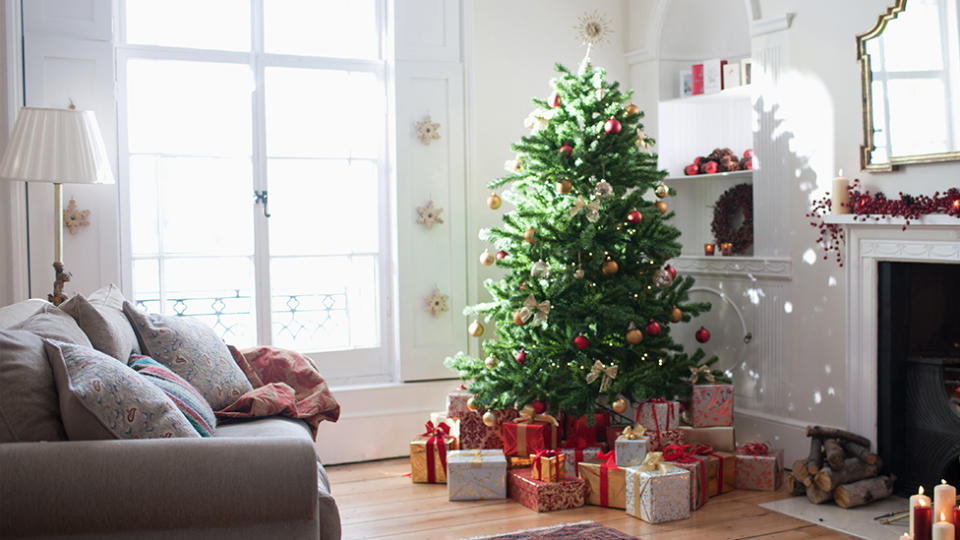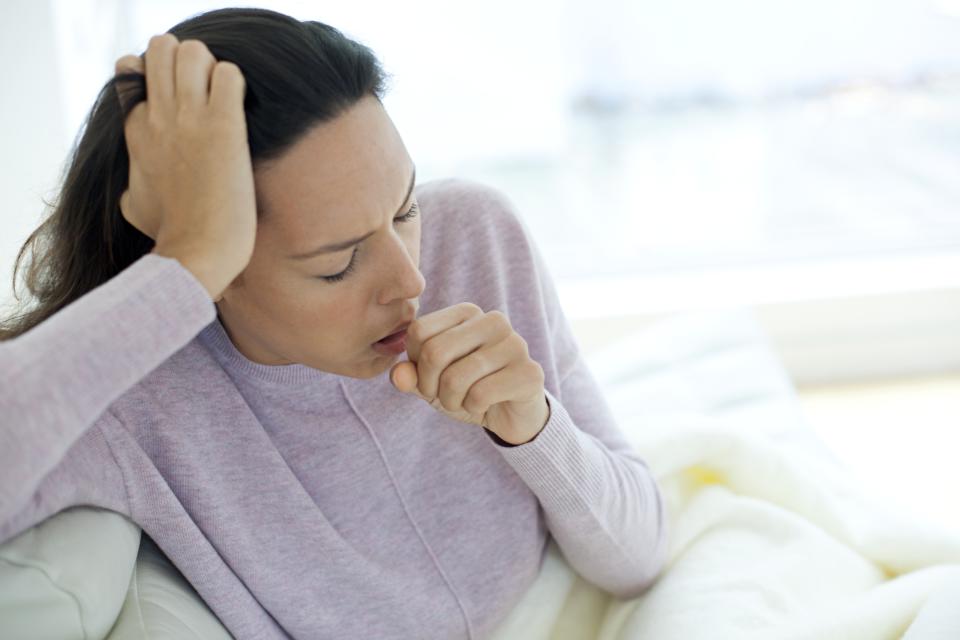Why your Christmas tree could be making you sick
After observing “epidemic peaks” of illness one week before and after Christmas, an allergist-immunologist concluded Christmas trees may be making you sick.
Dr Lawrence Kurlandsky, from New York, investigated whether Christmas trees played a part due to the timing, with both adults and children affected.
“Many moulds can be found on in-home Christmas trees including the four most common moulds that people may be allergic to,” Dr Kurlandsky told Yahoo after publishing an article on the topic in 2011.
“The article was to make people aware that the presence of an evergreen tree during the Christmas season could contribute to respiratory illness in susceptible, allergic people, especially children.”
Fifty-three different types of mould were found on 26 of the 28 tree samples, with most potential allergens that increase the risk of wheezing and coughing.

However, the scientists did say the mould may have been present before the trees were brought inside and recommend further studies.
Dr Kurlandsky’s study sprung from two others —one from 1970 which determined that seven per cent of allergic patients developed respiratory and skin allergies to Christmas trees.
Some experienced temporary symptoms while decorating the tree, others within 24 hours, or several days afterward.
However, that study was mainly inconclusive, not entirely because the rooms weren’t sterile before the trees arrived.
The other study was in 2007 when researchers from St Vincent's Medical Centre in Connecticut found that mould spores on Christmas trees spiked after bringing them inside homes.
"This mould spore count is five times above normal,” study co-author Philip Hemmers told HealthDay News in 2008.
“These high levels have been correlated with allergic rhinitis and an increased rate of asthma symptoms and asthma-related hospitalisation in other studies. So if you don't feel well during the holidays, consider the Christmas tree as a possible source of allergies."
Christmas opening hours: When Woolworths, Coles, Aldi and Westfield will work
'PC gone wild': Melbourne childcare centre replaces Santa with Sustainability Pirate
The study wasn’t perfect — HealthDay News reports that only one tree was used in the study, the types of mould were not distinguished, nor their potential to cause allergies.
Martha F. Hartz, M.D., an allergist-immunologist and paediatrician at The Mayo Clinic in Rochester, Minnesota, tells Yahoo that bringing organic material into the home and adding water (it’s recommended to water Christmas trees periodically) can create mould, especially in environments where the heat is on.
However, Hartz suspects the holiday season itself, not necessarily trees, can harm people with allergies.
“At Christmas time, people are burning fires, lighting candles with strong odours, and welcoming more people into their homes, such as the uncle who might smoke or the aunt who wears strong perfume,” she tells Yahoo.
“All these scents, including the exposure of germs, can change the air quality of a home and trigger colds and asthma.”

Asthma causes the airways to tighten and thicken with mucus, which interferes with breathing.
Mould, pet dander and air pollution are some causes. Hartz says people worried about Christmas trees can cover the wet and damp base of the trunks with a garbage bag to lessen the breakdown of plant material that causes mould.
“But we’re less worried about the tree alone,” she adds.
Dr Kurlandsky had the same advice, saying: “If you and your children don’t have any obvious allergies, then it is probably not going to bother you.”
He also said an artificial tree might not solve the problem if it’s packed away in dusty, mouldy areas.
For people susceptible to allergens, Dr Kurlandsky recommended asking Christmas farms to wash the tree upon purchase, using a garden hose yourself and letting it air dry outside, buying an air purifier for the home or reducing exposure by tossing the tree right after the holiday.
– Yahoo US
Do you have a story tip? Email: newsroomau@yahoonews.com.
You can also follow us on Facebook, Instagram and Twitter and download the Yahoo News app from the App Store or Google Play.



